Description
The Government of Tanzania (GoT) is currently at a crossroads in redefining its relationship with the private sector. The second Five-Year Development Plan (FYDP) 2016/17 -2020/2021 describes the developmental approach under President John P. Magufuli as a ‘business unusual’ approach, which entrenches policy and institutional reforms required by the government to play an active role within the private sector (URT 2016, 3). Through the FYDP, whose theme is ‘nurturing industrialization for economic transformation and human development’, the GoT is seeking to discipline rent with a ‘pragmatic approach’, including direct involvement in deals making (Andreoni 2017, 4). The GoT aims to do so by ‘strengthening dialogue mechanisms with the private sector and other stakeholders, given the fact that some of the reforms are likely to trigger trade-offs’ (URT 2016, 2). What is certain is that the GoT is seeking ways to renegotiate its relationship with the private sector and to re-establish public trust in institutions which have been marred by high levels of corruption scandals in the recent past (Nyang’oro 2017, Cooksey 2017).
This report, therefore, aims to evaluate the impact of public-private partnerships as described by the National Public-Private Partnership Policy on technology transfer in Tanzania. While there is no clear-cut definition for technology transfer, this report considers technology transfer as the transfer of ‘theoretical and practical knowledge, skills, and artefacts that can be used to develop products and services as well as the production and delivery of these theoretical and practical knowledge systems’ (Burgelman, Christensen, and Wheelwright 2008). In order to determine the impact of PPPs on technology transfer, the report reviews policy requirements which support science, technology and innovation (STI), protect and support infant industries, and encourages job creation in Tanzania. In addition to their usefulness as a vehicle for poverty alleviation and investments, PPPs can also allow the public sector to access the benefits brought by the private sector in terms skills and management (Kavishe, Jefferson, and Chileshe 2019, 354).
Investors evaluating investment options, governments interested in improving business conditions, and developmental organisations seeking to explain economic performance have always grappled with defining and measuring the business environment. While there are challenges in obtaining reliable data for a comprehensive analysis of public-private partnership on technology transfer (TT), some business environment indicators and local content requirements (LCR) can be useful indicators in such an analysis.

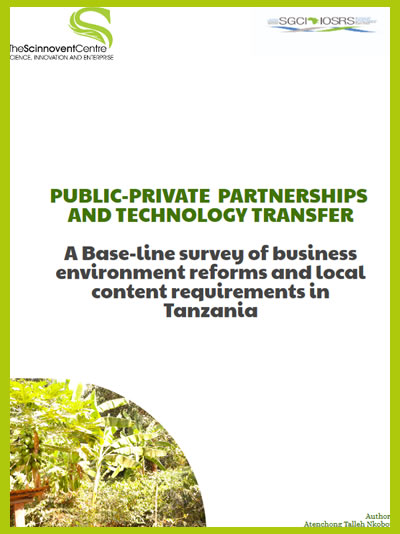
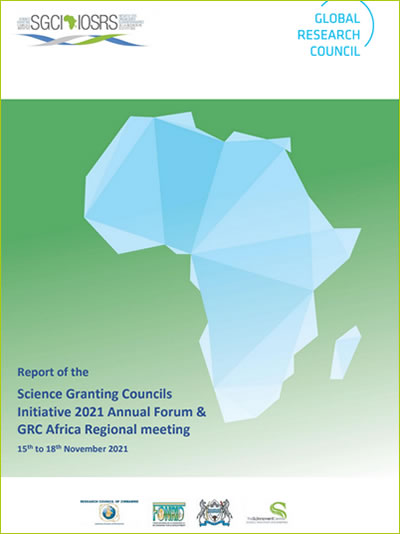
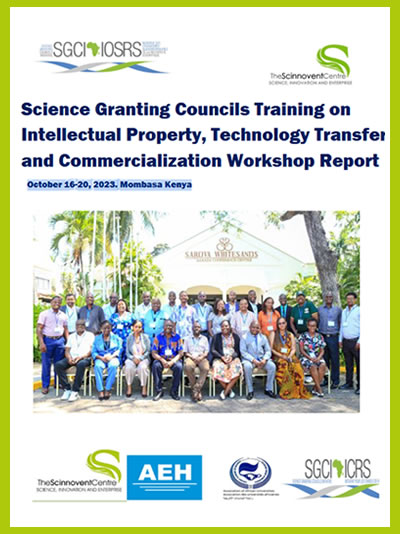
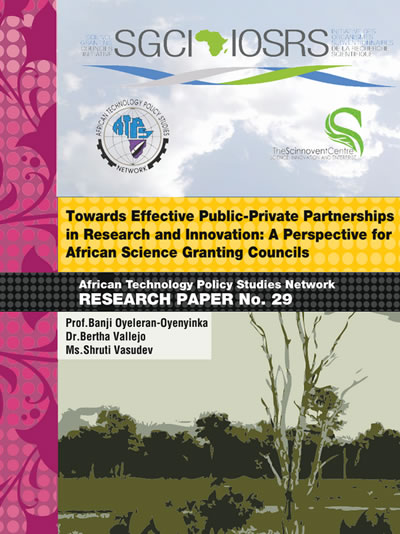
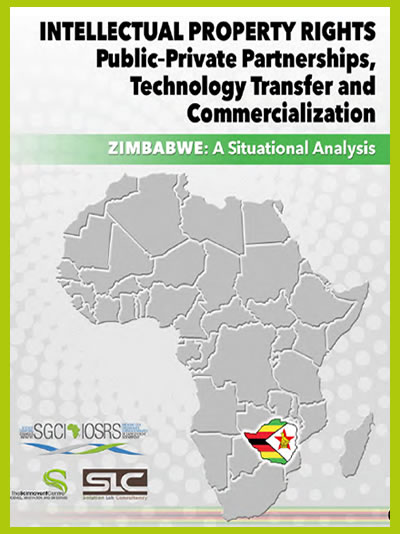
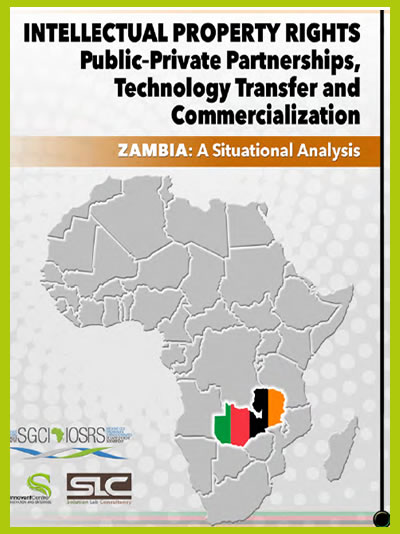
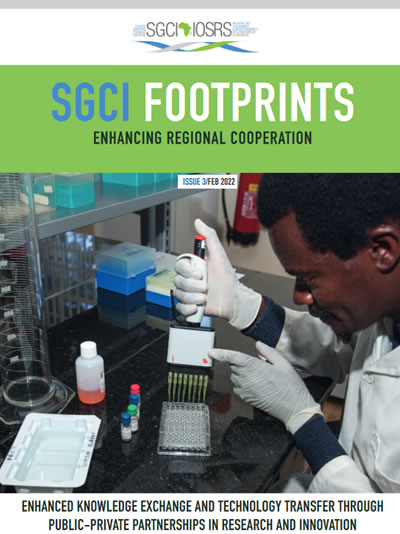
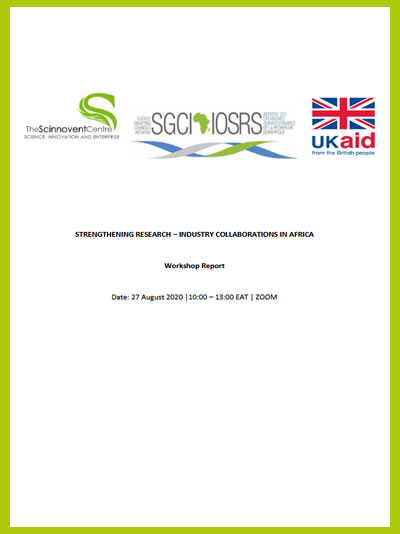
Reviews
There are no reviews yet.